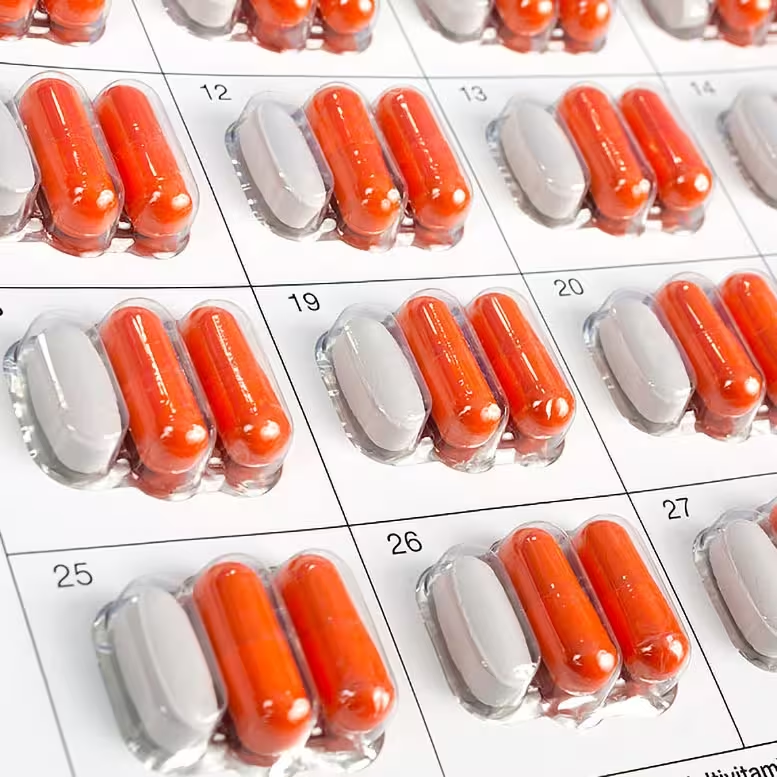3 Minutes
Summary
A large randomized clinical trial and a targeted biomarker analysis suggest daily cocoa extract supplements rich in flavanols can reduce a core marker of age-related inflammation. Researchers from Mass General Brigham and collaborators analyzed samples from the COcoa Supplement and Multivitamin Outcomes Study (COSMOS) and found that high-sensitivity C-reactive protein (hsCRP) declined in participants taking cocoa extract compared with placebo. Credit: Stock
Scientific background
Chronic, low-grade inflammation that increases with age—often called "inflammaging"—is linked to higher risk of cardiovascular disease and other age-related conditions. Flavanols are bioactive plant compounds found in cocoa beans, berries, tea and other foods. Prior small studies indicated flavanol-rich cocoa could lower inflammatory biomarkers; COSMOS was designed to test whether these effects hold in a large, long-term human trial and whether they relate to cardiovascular outcomes.
Trial design and key findings
From 2014 to 2020, the COSMOS randomized, double-blind, placebo-controlled trial enrolled 21,442 adults aged 60 and older to evaluate the effects of daily cocoa extract and multivitamin supplements on long-term health outcomes. The overall trial previously reported a 27% reduction in deaths from cardiovascular disease among participants assigned to cocoa extract.

In a preplanned biomarker subanalysis, investigators measured five inflammation-related proteins in blood from 598 COSMOS participants at baseline, one year and two years. They tracked three pro-inflammatory markers (hsCRP, interleukin-6 (IL-6) and tumor necrosis factor-alpha (TNF-α)), one anti-inflammatory protein (IL-10) and one immune cytokine (interferon-gamma, IFN-γ).
hsCRP decline and other biomarkers
Participants taking cocoa extract showed an average annual decline in hsCRP of about 8.4% relative to placebo. Other markers changed little or increased modestly; IL-6 declined slightly among female participants but not males. The team also observed a rise in IFN-γ, an immune-related cytokine, a finding the authors flagged for follow-up.
"We wanted to see whether multi-year cocoa extract supplementation versus a placebo could modulate inflammaging—and the data suggests it does," said Howard Sesso, ScD, MPH, corresponding author. COSMOS Trial study pills pack. Credit: Mars Edge
Implications and next steps
The hsCRP reduction may help explain the observed cardiovascular mortality benefit from cocoa extract in the larger COSMOS trial. Authors caution cocoa supplements are not a substitute for healthy diet and lifestyle but highlight the potential of plant-derived flavanols to modulate inflammation and support heart health. Ongoing COSMOS analyses will examine whether cocoa and multivitamin regimens affect more severe inflammaging and other aging-related outcomes.
Conclusion
This large-scale human evidence strengthens the link between flavanol-rich cocoa extract and reduced systemic inflammation as measured by hsCRP, supporting further research into dietary flavanols as a strategy to protect cardiovascular health during aging.
Source: scitechdaily


Leave a Comment